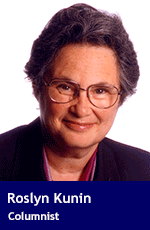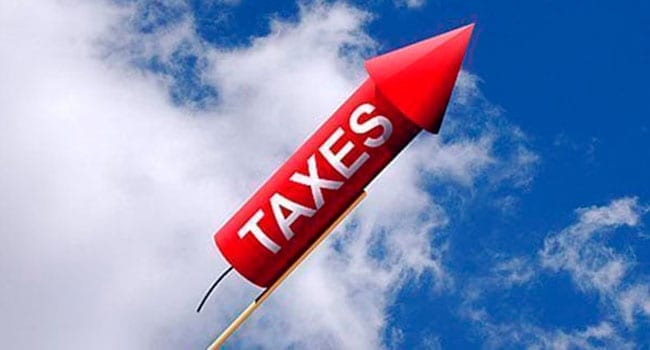 Canadians can be smug. Our country is safe, secure, beautiful, clean and free. And we have an open, democratic government whose job it is to improve our lives. Or do we?
Canadians can be smug. Our country is safe, secure, beautiful, clean and free. And we have an open, democratic government whose job it is to improve our lives. Or do we?
A close look at the 2017 federal budget suggests otherwise.
It’s cruel and unusual to ask ordinary citizens to go through the hundreds of pages in a federal budget, especially since it’s written in a style that only lawyers and accountants can readily stomach.
We count on the government to digest and summarize it for us; or, if we’re a little cynical about government news releases, we count on the media to keep us informed.
Until very recently, both those sources missed something very important.
It had to do with increased taxes on all alcoholic beverages. The two per cent increase on beer taxes was noted, as was the fact that this would add a nickel to a case of 24 beers.
No big deal. The government needs revenue to provide our cherished health care, and the other services we need and want. Sin taxes on discretionary luxury items like booze are among the less painful ways to get those funds and a nickel is sufficiently insignificant that the coin itself will probably soon disappear.
What was not noted, however, was an escalator clause. Built into the budget was the provision that every year from now on, the tax on beer, wine and spirits will rise with the cost of inflation without needing the intervention of Parliament, and without needing mention or inclusion of this tax increase in any future budgets or other legislation.
The projected increased revenue is significant: half a billion dollars, give or take, depending on the rate of inflation – and much more should inflation take off.
“No taxation without representation,” was the rallying cry that led to the American Revolution, when British colonies became the United States. The revolution was based on the principle that a government of a free and democratic society can only extract money from its citizens with their knowledge and consent.
Governments need to tax, but taxes are only to be imposed with due process in a legislature of elected representatives, with the knowledge and implied consent of the citizenry. And citizens must have the opportunity to express their opinions at the next election.
Escalator clauses defy this basic democratic principle.
Proponents of this ongoing illegitimate incursion into our pocketbooks might point out that the addition is only at the rate of inflation, not higher than the rise in the cost of living and hence not a ‘real’ increase.
However, the tax increases the cost of living, thus building on itself.
On one hand, the government attempts to protect its revenues against inflation by tying them to the consumer price index (CPI).
But on the other hand, it’s seeking ways to untie the benefits paid to us from automatically inflating with the cost of living. For example, wages and salaries paid by government have no automatic built-in CPI escalator; any increases given are very open and hard-fought at the negotiating table. This is how it should be.
Indexing in government pensions is being threatened, if not directly. That would be too obvious. Instead of removing indexing from federal employee pensions, Bill C27 would give the government the right to reduce the amount of pension payments when things got fiscally tight.
Pensioned federal employees would probably still be better off than most retired Canadians, who have little or no employer-based pensions.
But why are the rules government seeks to apply to its own revenue so much more favourable than those it applies to the revenue it provides to Canadians?
Troy Media columnist Roslyn Kunin is a consulting economist and speaker.
The views, opinions and positions expressed by columnists and contributors are the author’s alone. They do not inherently or expressly reflect the views, opinions and/or positions of our publication.
